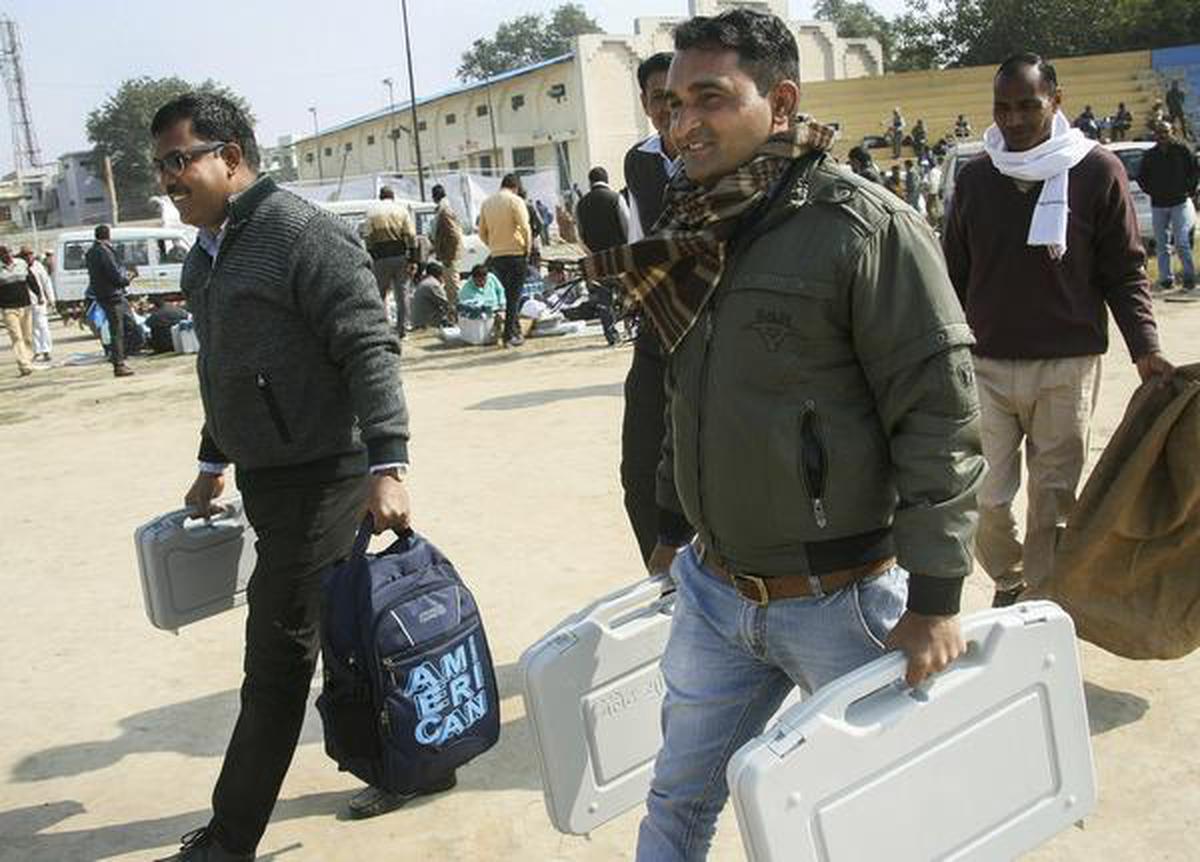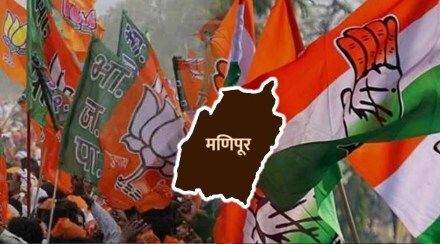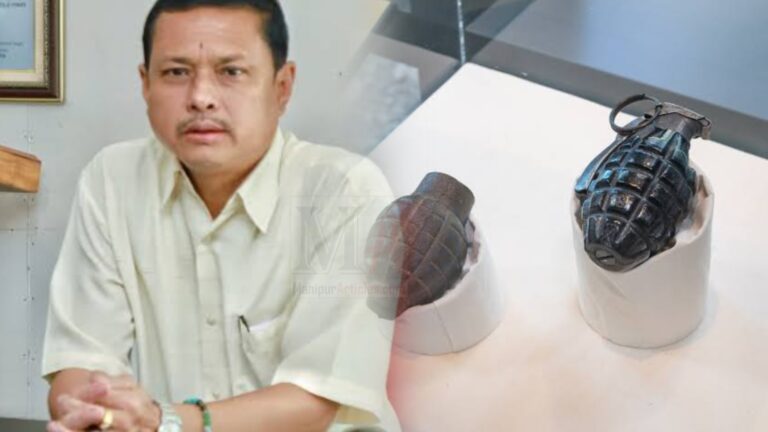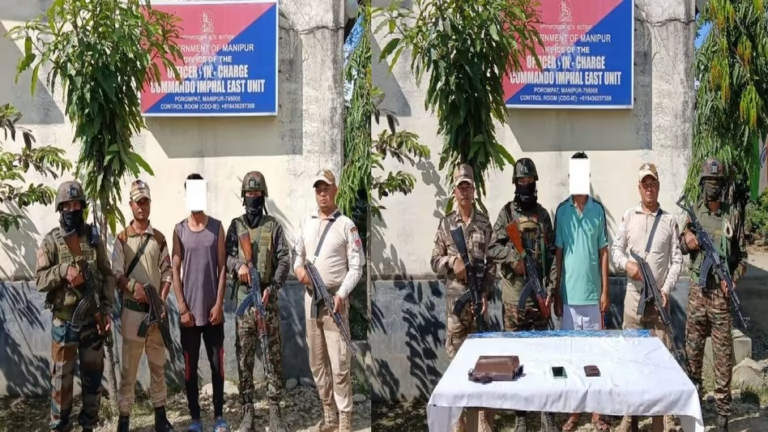The Upcoming 2024 Jammu & Kashmir Assembly Elections: A Comprehensive Overview
Summary of the News Article
The 2024 Jammu & Kashmir Assembly elections are gearing up to be one of the most closely watched political events in India. With Phase 1 of the elections set to kick off, key constituencies and prominent candidates are drawing attention. This election marks a significant moment for the region post-revocation of Article 370, as the people will elect their representatives after a long gap. The main contenders include major national and regional parties that are vying for influence in the region’s political landscape.
Introduction to the 2024 Jammu & Kashmir Assembly Elections
The 2024 Jammu & Kashmir Assembly elections are fast approaching, sparking widespread interest across the nation. After years of political turbulence and a series of complex constitutional changes, the region is preparing to exercise its democratic rights once again. This election is historically significant as it will be the first Assembly election after the revocation of Article 370, the special status previously enjoyed by the state.
A key question on everyone’s mind is: How will the electorate respond to the dramatic political shifts in the region? To fully understand the stakes, we need to dive into the political background, key candidates, constituencies, and implications this election holds for Jammu & Kashmir and India.
Background of Jammu & Kashmir’s Political Landscape
Before understanding the 2024 election dynamics, we must revisit the recent political history of Jammu & Kashmir. The abrogation of Article 370 in August 2019 by the Indian government significantly altered the political landscape of the region. Jammu & Kashmir was stripped of its special autonomy, and the state was bifurcated into two Union Territories: Jammu & Kashmir, and Ladakh. This change has affected political sentiments and led to an array of protests, public debates, and shifting alliances.
Since then, the region has been governed by a Lieutenant Governor appointed by the central government, as the legislative assembly remained in suspension. The upcoming elections are critical as they will restore a degree of local governance, giving residents a say in their administration for the first time in several years.
Key Issues at Stake in the 2024 Elections
Several issues are at the forefront of this election. These include:
- Restoration of Statehood: One of the primary concerns for voters and political parties alike is the restoration of full statehood for Jammu & Kashmir. Many regional parties, such as the National Conference (NC) and People’s Democratic Party (PDP), are campaigning for this promise.
- Security Concerns: Jammu & Kashmir has been marred by terrorism and violence for decades. The handling of security, counterterrorism measures, and ensuring peace remain crucial for voters.
- Economic Development: With tourism and agriculture being key drivers of the region’s economy, the post-pandemic recovery and ensuring jobs for the youth are paramount concerns.
- Kashmiri Pandit Rehabilitation: The issue of the displaced Kashmiri Pandits and their rehabilitation is a key agenda for several parties. Their return to the valley, security, and re-establishment have been hotly debated in past elections and remain relevant today.
Political Parties and Key Candidates
The political battle for Jammu & Kashmir is being fought by several major national and regional parties. Let’s take a look at the key players:
1. National Conference (NC)
The National Conference, led by Dr. Farooq Abdullah and his son Omar Abdullah, has been one of the dominant forces in Jammu & Kashmir’s political scene. NC is advocating for the restoration of Article 370 and promises to bring back the state’s autonomy. Their campaign heavily focuses on the importance of regional identity, peace, and security.
2. People’s Democratic Party (PDP)
Led by Mehbooba Mufti, the PDP has been a significant player in regional politics, especially in the Kashmir valley. The party has also campaigned for Article 370’s restoration and aims to work towards political stability and reconciliation between the region and the rest of India.
3. Bharatiya Janata Party (BJP)
The BJP, led by Prime Minister Narendra Modi, has been steadily gaining influence in the region, particularly in the Jammu area. They champion the abrogation of Article 370 as a historic decision that has opened doors for better integration with the rest of India. The BJP is focusing on development, security, and anti-corruption measures.
4. Apni Party
A relatively new player in the political arena, the Apni Party, founded by Altaf Bukhari, has garnered attention with its centrist approach. The party advocates for peace, dialogue, and development without delving into controversial constitutional issues.
5. Indian National Congress (INC)
The Congress, though historically influential, faces a challenge in regaining lost ground. The party’s stance on Article 370 has been somewhat nuanced, and they are focusing on bringing economic development and stability back to the region.
Phase 1: Key Constituencies to Watch
Phase 1 of the Jammu & Kashmir elections will set the tone for the entire election cycle. Some of the key constituencies that hold strategic importance include:
- Srinagar: As the summer capital of Jammu & Kashmir, Srinagar remains the heart of the political conversation in the region. The National Conference has traditionally enjoyed strong support here, but competition is fierce.
- Anantnag: Known for its complex political history, Anantnag will see stiff competition between the PDP and BJP. Mehbooba Mufti’s presence makes this constituency one to watch closely.
- Jammu: A BJP stronghold, Jammu is crucial for the party’s strategy to maintain its grip in the region. The outcome here could reflect how well the party’s message of nationalism and development resonates with the people.
- Baramulla: Another important constituency, Baramulla has seen a mix of political affiliations over the years. Both NC and PDP are vying for dominance here, with the BJP hoping to make inroads.
Implications of the Election Results
The results of the 2024 Jammu & Kashmir Assembly elections will have far-reaching implications. For one, the re-establishment of a legislative assembly will bring local governance back to the region, allowing residents to have a say in their affairs.
Additionally, the election results will be viewed as a referendum on the central government’s actions regarding Article 370 and the bifurcation of the state. A strong performance by the BJP could be seen as an endorsement of these moves, while a resurgent NC or PDP could signal discontent and desire for a return to the old political order.
Furthermore, the relationship between Jammu & Kashmir and the rest of India could see a shift depending on the composition of the new government. Whether the region leans towards greater integration or autonomy will be one of the most closely monitored aspects of this election.
Conclusion
The 2024 Jammu & Kashmir Assembly elections mark a pivotal moment for the region. After years of political uncertainty, the people of Jammu & Kashmir will finally have the opportunity to choose their representatives. As the first election post-Article 370 abrogation, it holds immense symbolic and practical importance, not just for the region, but for India as a whole. Political parties will need to address the pressing issues of security, development, and autonomy to win the hearts of the electorate.
FAQs
- Why is the 2024 Jammu & Kashmir election significant?
The election is the first after the abrogation of Article 370 and the bifurcation of the state into two Union Territories. It marks a crucial moment for the region’s political future. - Which parties are expected to play a major role in the election?
Major players include the National Conference, PDP, BJP, Apni Party, and Congress. - What are the key issues in the election?
Key issues include the restoration of statehood, security concerns, economic development, and the rehabilitation of displaced Kashmiri Pandits. - How will the election results impact Jammu & Kashmir’s future?
The results could shape the region’s governance, its relationship with the central government, and the status of Article 370. - What is the significance of Phase 1 in the election?
Phase 1 covers key constituencies that will set the tone for the rest of the election cycle.





